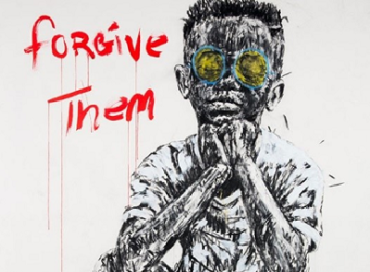
Gender based-violence and constitutionalism
Written by Mr Nhlakanipho Jiyane
June, 21, 2021
There is no debate that gender-based violence (GBV) is part of public conversation – and less debate that it is part of life in South Africa. A glance at the news, social media, as well as personal relationships testify of this. Many of us have become all too familiar with testaments of spousal battery, sexual or psychological harm, harassment, threats and/or intimidation from both strangers and people we know personally.
In a country with an incredible amount of persisting GBV, it is inevitable to ask: ‘What is the law doing about this serious issue?’ Public outrage on matters of GBV suggest that the general population is undoubtedly against perpetrators of GBV. However, debate arises when the place and purpose of the law on this matter is considered. People know what they wish and expect of the law – that is, the public expects the legal system to protect victims and prosecute perpetrators.
In the case of Government of the Republic of South Africa v Grootboom and Others, the Honourable Justice Yacoob said:
“The people of South Africa are committed to the attainment of social justice and the improvement of the quality of life for everyone. The preamble to the Constitution records this commitment.”
The South African Constitution is the supreme law of the land. Any existing legislation, government policy, or conduct that goes against the supreme law is unsupported. From this law all other laws follow, for instance the Domestic Violence Act1, the Children’s Act2 as well as all other laws which govern the wider aspects of our subject matter. The Constitution is supreme because at its core is the intention to create a system of law that respects, promotes, uplifts and protects everyone’s rights. In effect, the state has a positive obligation to enforce the founding values entrenched in the supreme law and at the same time to facilitate the advancement of such rights and freedoms.
The commitment of the Constitution to the facilitation and advancement of significant human rights – some of which specifically focus on the protection of human beings from any harm – shows us that issues of GBV fall into the realm of the legal system therefore the public is justified in expecting it to play a big role in curbing this socio-psychic ill.
While it is true that the legal system has a serious role to play in dealing effectively with GBV, it is equally true that a Constitution only becomes real when it is enacted through human behaviour. The state does bear an obligation to guard against GBV, but the state can only do so much. We all have to take an individual stand towards Social Justice, and against any violation of human rights and dignity of which GBV is.
The legal system will only work if we, as individuals, allow it to work. We do this when we don’t turn a blind eye to abuse in our communities and homes. Therefore, let us utilise the systems in place and press on as the South African Constitution is in favour of protecting the right to life. Thus, we can utilize the legal system in the fight against GBV.
References:
1 The Domestic Violence Act 116 of 1998.
2 The Children’s Act 38 of 2005.
Ubusha Bami futhi yimi lo – My youth and this is me! ©
One comment on “Gender based-violence and constitutionalism”